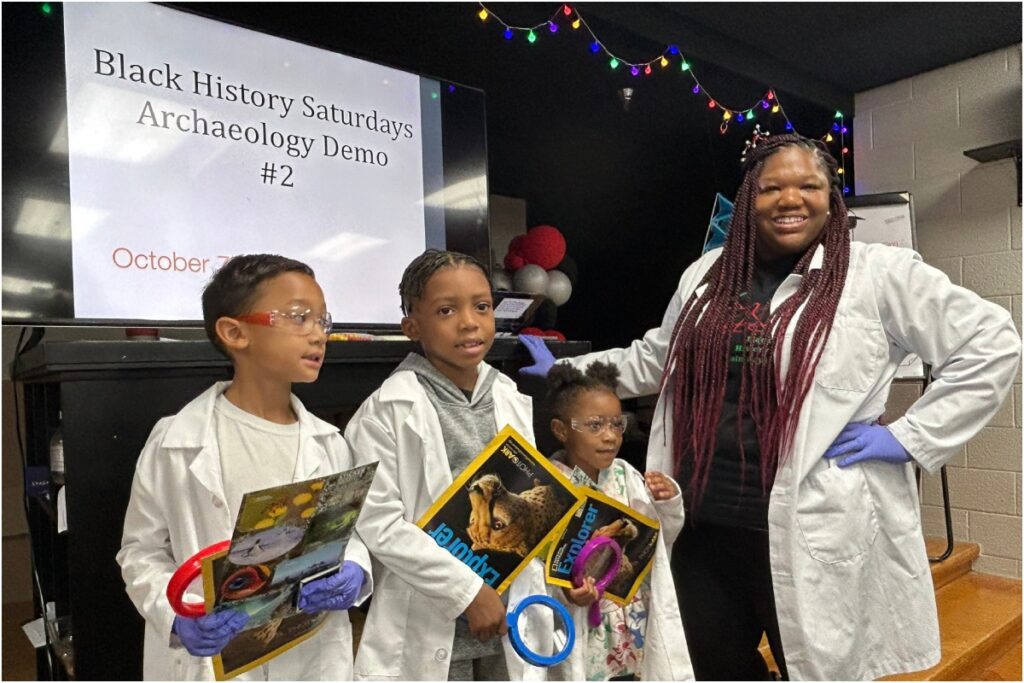Activist Kristi Williams has started a transformative initiative named Black History Saturdays to counter Oklahoma’s controversial law restricting the teaching of race and gender in public schools.
This grassroots effort, funded in part by the National Geographic Society, offers free monthly Black history classes in Tulsa, providing a safe space for children and adults to engage with a more comprehensive understanding of America’s past.
Enacted in 2021 by Republican legislators, H.B. 1175 prohibits the promotion of specific “discriminatory principles,” including the notion that individuals from a particular race are inherently racist or sexist.
The law also prevents educators from endorsing the idea that certain individuals bear responsibility for rectifying the mistakes of their ancestors.
Amid concerns that teachers could face job repercussions for violating these restrictions, Williams’ initiative aims to create an inclusive and empowering educational environment.
Dewayne Dickens, a professor at Tulsa Community College, is actively participating in the Black History Saturdays program, emphasizing the importance of reclaiming the narrative around Black history. “We’re reclaiming this,” Dickens asserts. “We can teach our children, we can teach ourselves, and we can do it better.”
The law’s ambiguous guidelines have left educators uncertain about potential pitfalls. Williams notes:
“The vagueness in the law means that teachers never know what trap they’re going to fall into.”
Angela Mitchell, a first-grade teacher in Tulsa, is among those who have accepted Williams’ offer to teach at the Saturday school. She sees it as an opportunity to go beyond the standard curriculum, delving into aspects of history that may not be covered in public schools.

Mitchell, for instance, has been educating her first-grade students about the Greenwood District, a prosperous Black business district in Tulsa destroyed during the 1921 Tulsa Race Massacre.
Areyell Scott, another educator at Black History Saturdays, recently taught a kindergarten student about Ruby Bridges, the first-grade Black student who faced hostility while desegregating an elementary school in New Orleans in 1960.
Despite potential backlash from critics, Williams is proud of the educators who have chosen to teach at her school.
She recognizes the challenges these educators face but emphasizes their role in shaping a narrative that embraces inclusivity and a more nuanced understanding of history.
“The teachers who said yes, they’re on the front lines,” Williams affirms. “And we’re here creating our narrative.”
